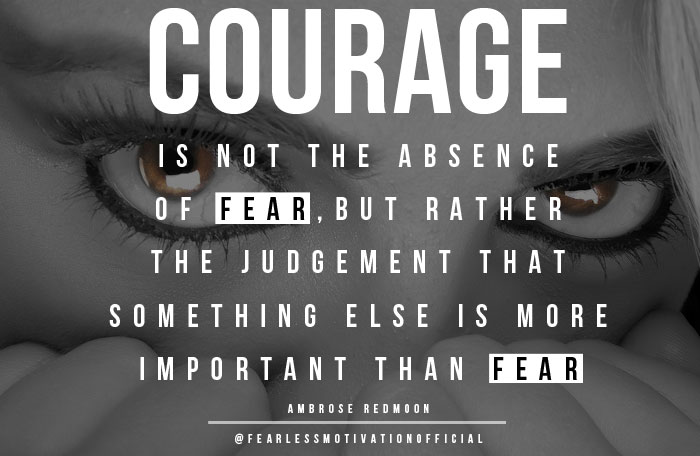When you go over to the “other side”, meaning Trump supporter central it’s eerie. I look at the conversations and it looks like a mirror image of the type of discussions I have. It isn’t full of anger or racist messages, but simply full of the same style of criticism, and sarcasm that one would see on my side. People are civil and casual as they discuss what they consider liberal/democratic points of view. I am not saying that I agree with what they are saying just that it’s like looking in on another world that’s just like ours, but more like the universe in the classic Star Trek episode Mirror, Mirror.
I find this alarming because it means we almost can’t be further apart if you watch the conversation happening on social media. I hope that social media isn’t a good representation, but if it is, I do understand why many worry about the breakdown in conversation in our society. Even more concerning is the fact that it is very much like looking into a world that is built on fictions. Once the fictions are accepted as true, the rest appears rational and logical. In this way it’s very much like religion in which the unknown premise, that there is a God, is accepted as true a priori and the rest follows.
As much as I pride myself on my analytical skills, knowledge of the scientific method, and ability to think logically, when you see millions of people operating on a totally different set of assumptions it does make you question your sanity. Because it is possible that me and my friends are the ones living in the delusion. So, who has the better grip on reality? Are there elements of truth in both worlds and that we really need to look at a composite of those worlds? Who is qualified to be an arbiter of this? Is there anybody we can trust or believe to look at both sides objectively and determine what is real?
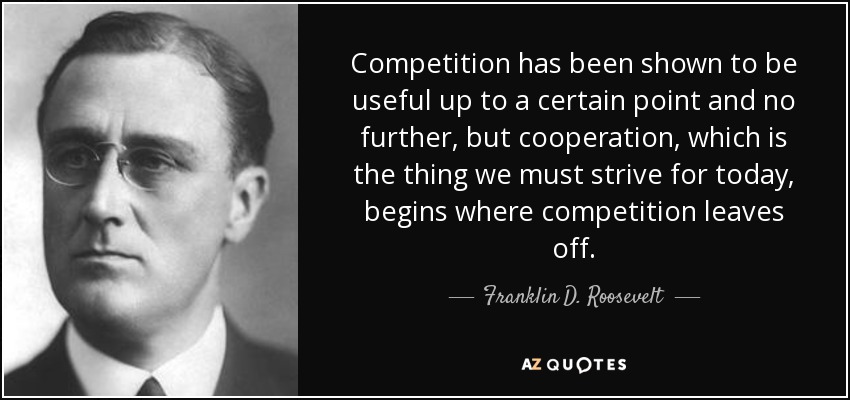
I base much of my morality on the simple idea of cooperation. We are a social species; we bond with others through reciprocal altruism (i.e. the golden rule) and we survive better because we work together. Which side violates this more? The problem is a bit of a numbers game. We can easily see how in an 8-person rowing team, one person acting in discord is noticeable. We can that person is certainly not coordinating efforts with others. In a tribe of a few hundred, discord will also stand out likely from a survival standpoint. However, we are millions of people. We are in discord and this impacts how we function as a nation, but not as a species. A million racists can all work together to solve problems, grow food, and propagate the species just as well as a million people who oppose racism. And what about building bridges to the other side of the political aisle? Is there one side of the aisle who is better at doing that? Right now, I would argue that there isn’t. If kindness is what connects us to people, then we need a lot more kindness that what it seems like what is currently out there, from both sides of the political spectrum. Thus, at an evolutionary level we can determine truth, because the truth is both sides can survive. Perhaps one side is happier than the other, but survival doesn’t have to be happy.
In the end I must look at bigger concepts like empathy, compassion, and humility. None of these things necessarily make one universe more real than another, but they matter if we are going to someday be a unified human race working to improve the well-being of all life on this planet. If the other universe is the real one, it is one that separates people into groups, it is based in non-existent fears, categorizing and stereotyping groups, and limiting their rights. It seems to me that they are far too often making the mistake of believing their rights being limited when most of the time it’s just privileges being lost to those people who were previously oppressed and exploited. If I’m wrong and my reality is illusory, I feel like I’ve at least tried to:
- see women as equals
- see race as a social construct
- appreciate science and how the best tool we have for knowing works
- try and be mindful of the words we use and the jokes we make because being considerate of feelings are important
- that learning and growing is important
- to have a society where we take care of each other better
These values seem good to me. I can’t shake it. In my understanding of liberalism, that’s the philosophy I see shaping my political values. Conservatism, at least represented by society today does not demonstrate these values. While I do think it’s important to be cautious and measured in moving forward the very idea that things are great the way they are and never change is ludicrous to me. Change is inevitable. As a species we continue to learn to try to ensure the safety and health of more and more of our people. We’ve fought and died for it. With time I do believe we’ve done a better job of giving more people a chance to flourish and having more people live that would have died a 100 years ago or more. Our story is one of change.
![CONSERVATISM QUOTES [PAGE - 4] | A-Z Quotes](https://www.azquotes.com/picture-quotes/quote-conservatism-is-only-as-good-as-what-it-conserves-friedrich-august-von-hayek-65-6-0647.jpg) Perhaps it is human nature for those who fear change to battle those who welcome it. I like to frame that struggle as the battle between comfort and risk. Both have their merits and perhaps arguing about it is the only way to reach a compromise, to find a way to move us forward where everybody gets to come along. It seems once again a numbers game. If we were our hunter-gatherer selves, we would all know each other and how many shades of difference in worldview could we have from one another. However, when you’re talking about billions of people the perspectives vary greatly. And even if some of those perspectives are based on fundamentally unsound principles, when it’s all you’ve known it’s hard to even know that the boundaries that shaped your life can be broken at all. But there is some element of truth in everybody’s story and we’ve really got to do a better job of preserving the essence of someone’s lived life that can instruct, that can be beautiful, and/or weep at the tragedy that unfolded on them.
Perhaps it is human nature for those who fear change to battle those who welcome it. I like to frame that struggle as the battle between comfort and risk. Both have their merits and perhaps arguing about it is the only way to reach a compromise, to find a way to move us forward where everybody gets to come along. It seems once again a numbers game. If we were our hunter-gatherer selves, we would all know each other and how many shades of difference in worldview could we have from one another. However, when you’re talking about billions of people the perspectives vary greatly. And even if some of those perspectives are based on fundamentally unsound principles, when it’s all you’ve known it’s hard to even know that the boundaries that shaped your life can be broken at all. But there is some element of truth in everybody’s story and we’ve really got to do a better job of preserving the essence of someone’s lived life that can instruct, that can be beautiful, and/or weep at the tragedy that unfolded on them.
In the end we live in a time of vast inequality with numbers of people living in abject poverty that we can’t even fathom. But every time we get a glimpse into that well of inequality we all know that there are some on this planet who have more wealth than they can possible spend, while children literally die of starvation. I’ve heard from economists who pay attention to history that capitalism helped raise people out of poverty. I’m not going to dispute that. However, at the risk of sounding cynical, I worry that even though less people (as a percentage of global population) live in abject poverty than in the past, our drive to give people the barest of wealth to get by is not because capitalism cares about people, but because capitalism realized that more people means more labor and more consumers.  Capitalism was never an ethical system, it is an engine to generate wealth and nothing more. We better come up with answer to what all this wealth is for, because capitalism is moving on without human labor. Automation is coming. More wealth will be generated by corporations and the need for labor decreases. Eventually the system has to collapse in on itself because if people have nothing to do they will not have any money to buy things. The narcissism of greed is our real enemy. I think there are people on both sides of the aisle who feel they don’t have value and what they do has no value. The people with the money want you to believe that some other group is to blame. Some group who’s just trying to live their life and hope that things stay secure enough so they can raise a family and have a little fun along the way.
Capitalism was never an ethical system, it is an engine to generate wealth and nothing more. We better come up with answer to what all this wealth is for, because capitalism is moving on without human labor. Automation is coming. More wealth will be generated by corporations and the need for labor decreases. Eventually the system has to collapse in on itself because if people have nothing to do they will not have any money to buy things. The narcissism of greed is our real enemy. I think there are people on both sides of the aisle who feel they don’t have value and what they do has no value. The people with the money want you to believe that some other group is to blame. Some group who’s just trying to live their life and hope that things stay secure enough so they can raise a family and have a little fun along the way.
I’m trying to be my optimistic self during these times, but it’s a great challenge. I don’t know the answer to how we can come together, but I do know if we don’t start being a lot kinder to each other it’s never going to happen.




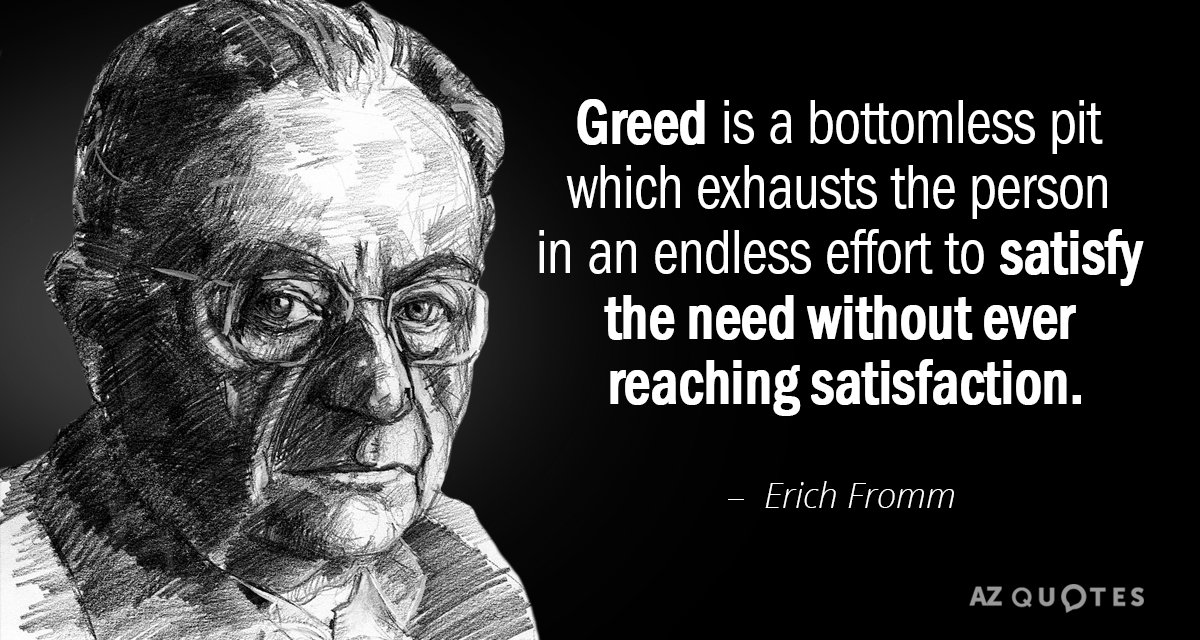
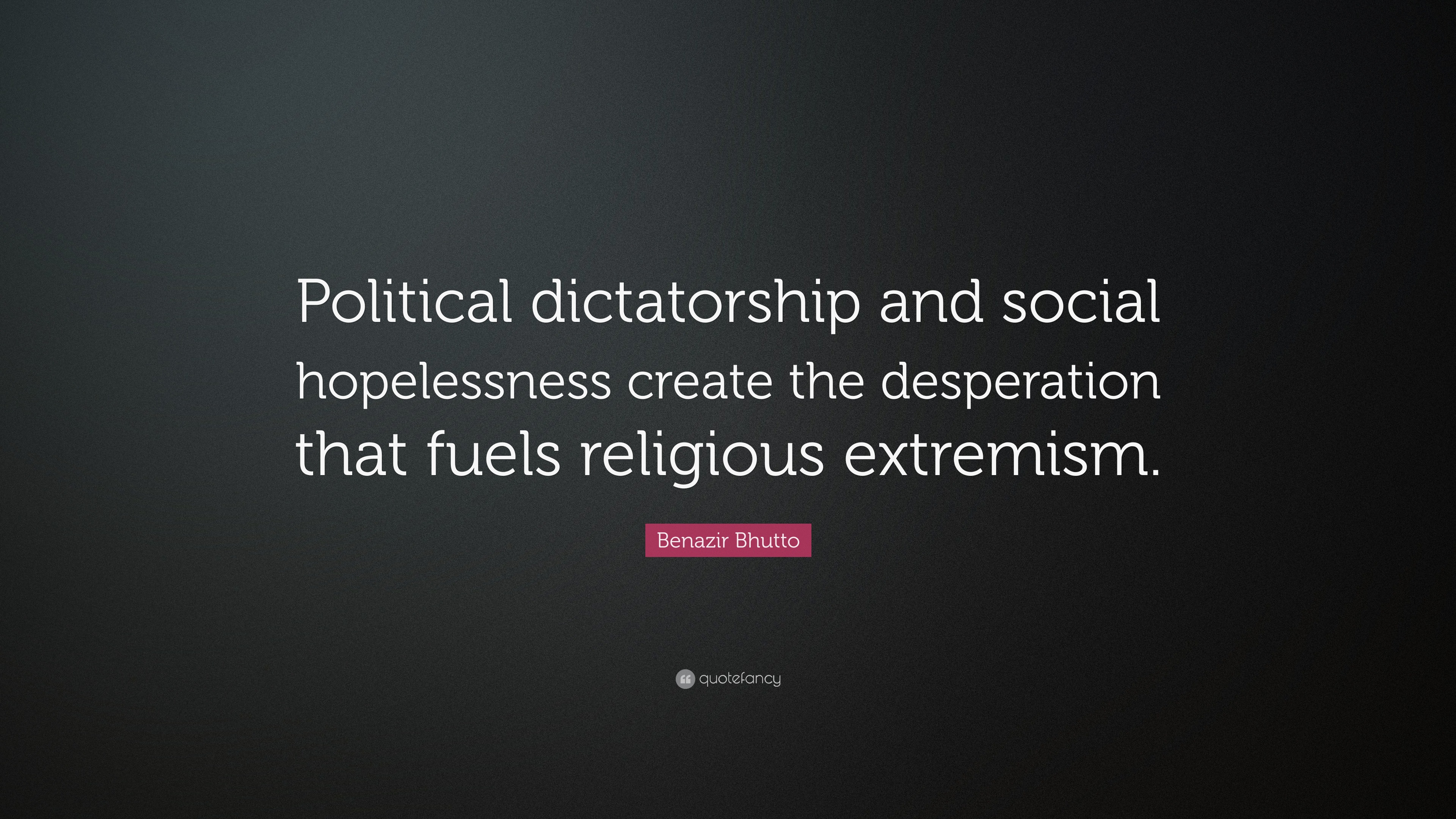
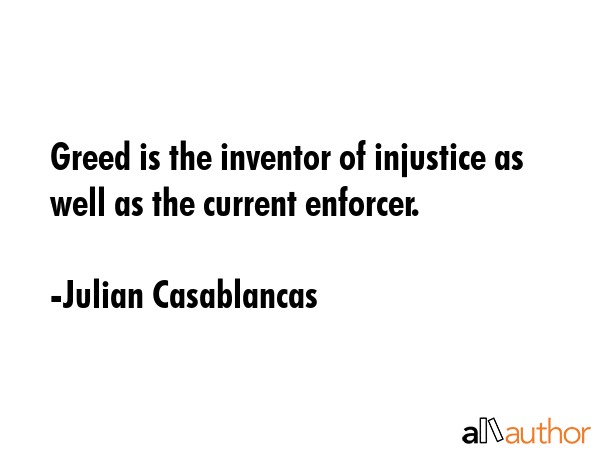 In this conversation I have not talked about economic systems much. I don’t consider socialism vs. capitalism a battle of moral systems. I think if our morals were in place both systems can be very effective. Greed is the corruptor of both. My personal feelings are that a dose of each is the best, although I’m still working out the proportions. Fundamentally, to my understanding of capitalism it’s focus is the acquisition of wealth. Socialism makes more statements about how society should have a stake in the wealth it produces. For me, I will personally lean more towards socialism because it is the only system that demands that we think about how we allocate resources in a fair manner. I realize this is a point of contention upon many, and I am not going to make a strong evidence case for my views here in this post as the focus is on greed. Suffice to say I am acutely aware of the positive things that capitalism has done. I’m also aware of the many negatives. Here is just one expressed by a
In this conversation I have not talked about economic systems much. I don’t consider socialism vs. capitalism a battle of moral systems. I think if our morals were in place both systems can be very effective. Greed is the corruptor of both. My personal feelings are that a dose of each is the best, although I’m still working out the proportions. Fundamentally, to my understanding of capitalism it’s focus is the acquisition of wealth. Socialism makes more statements about how society should have a stake in the wealth it produces. For me, I will personally lean more towards socialism because it is the only system that demands that we think about how we allocate resources in a fair manner. I realize this is a point of contention upon many, and I am not going to make a strong evidence case for my views here in this post as the focus is on greed. Suffice to say I am acutely aware of the positive things that capitalism has done. I’m also aware of the many negatives. Here is just one expressed by a 





